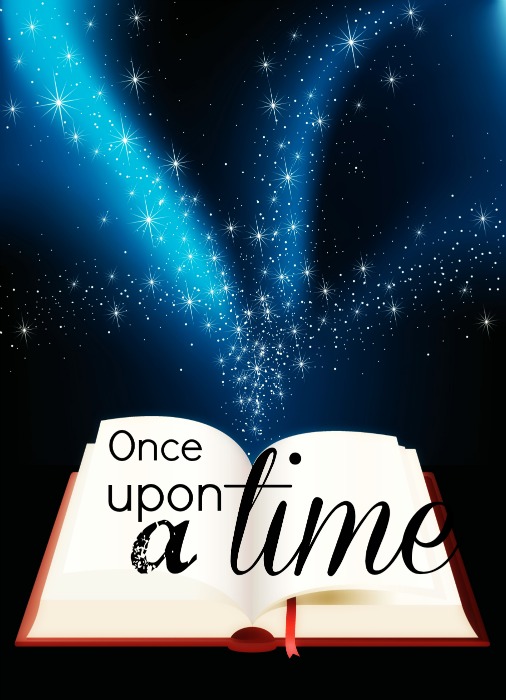I wrote a novella last week. 31, 160 words. That’s over 5K a day. Now, here’s what we all have to keep in mind – many of these words will have to be rewritten or deleted. I will have to go scene by scene and make sure I’ve inserted storyworld, and the 5 Ws to anchor the scene. I’ll have to ask what the main emotion of the scene is, and how to strengthen it. I’ll have to tighten my writing, make it clearer, make sure I’m not overwriting.
I’ll have to make sure I am telling the story between the quotes, and that I am wrapping up my dialogue with the right meaningful action and body language, adding zingers.
And, I’ll have to make sure I all the ingredients of the Scene Tension Equation.
All these things are in my brain as I’m writing, trust me. But, if I want to forget ahead and give myself something to work with, then I have to be like Dori in Finding Nemo.
Don’t look back. Forget everything but my goal….reaching the end. (or, P Sherman, 42 Wallaby Way)
But how do we keep that focus? I know it can be hard, because even in the middle of a scene you suddenly think: WAIT! I just came up with something BRILLIANT and I need to add it into chapter 3!


